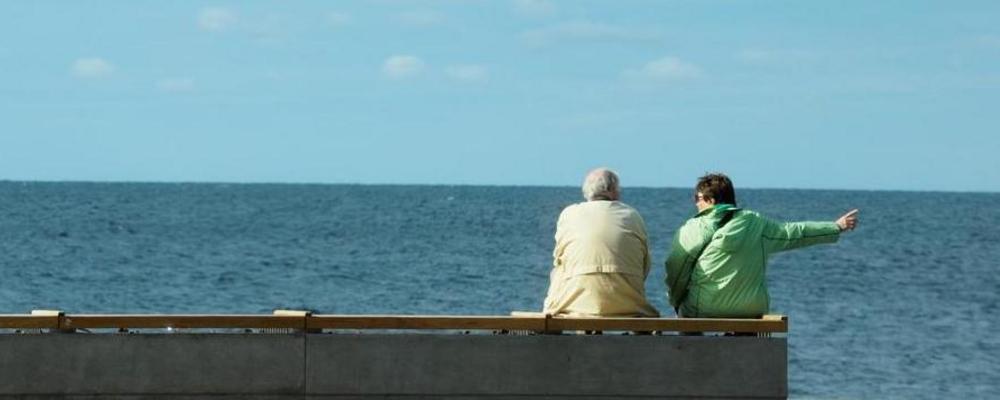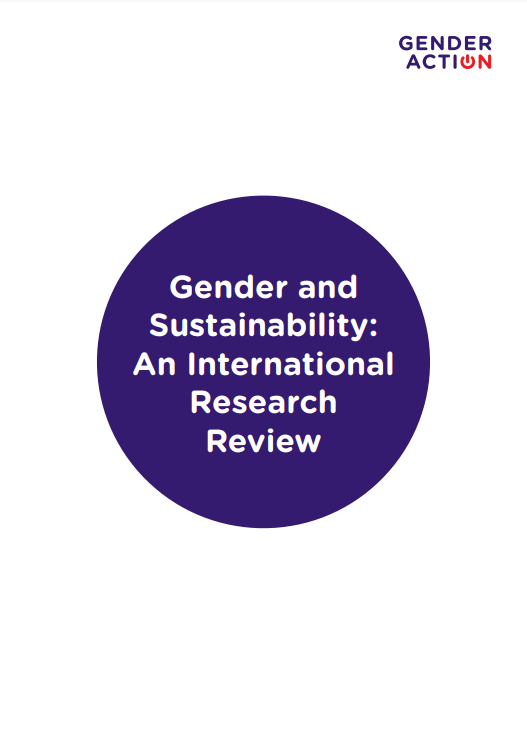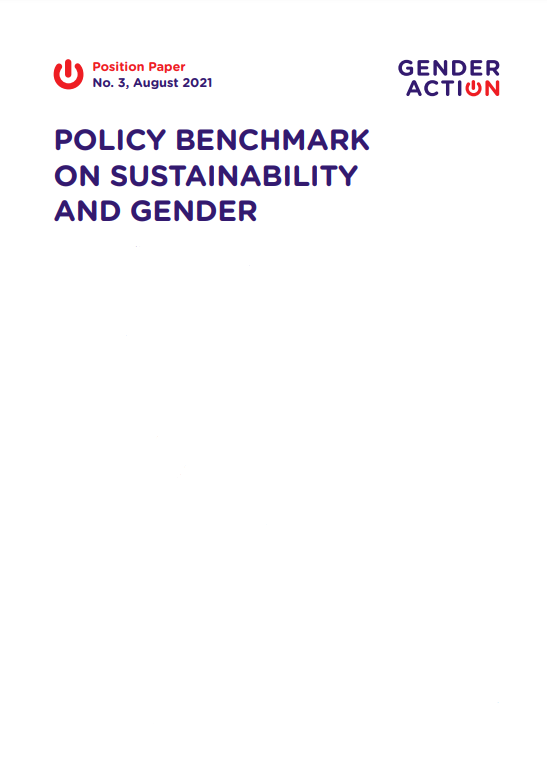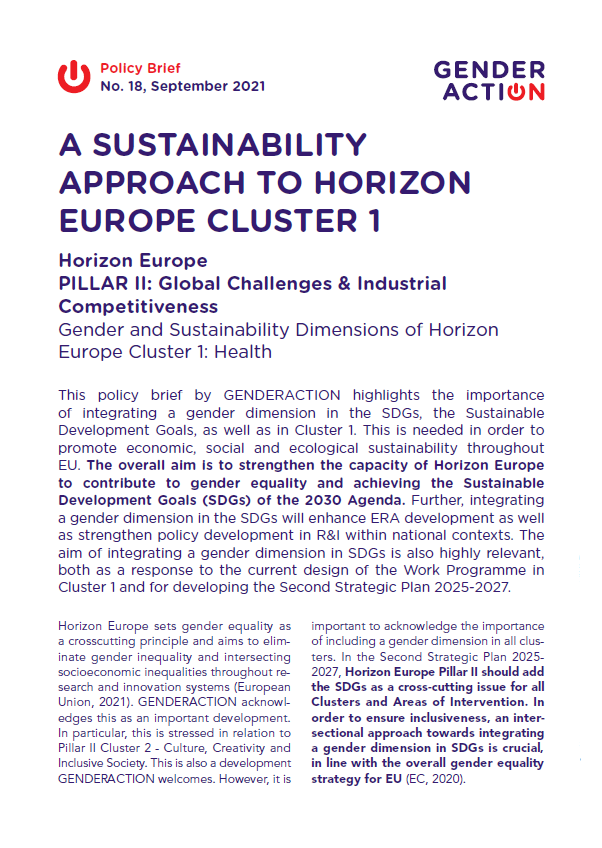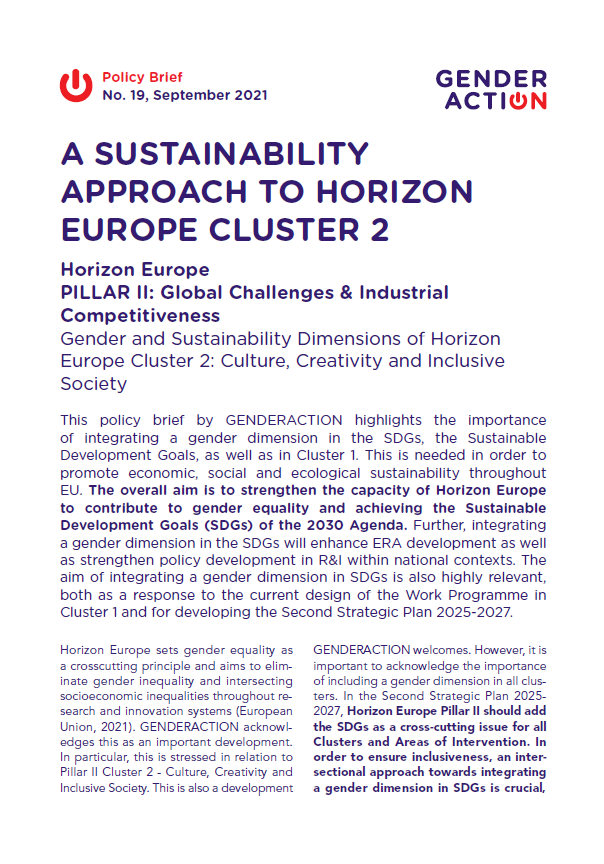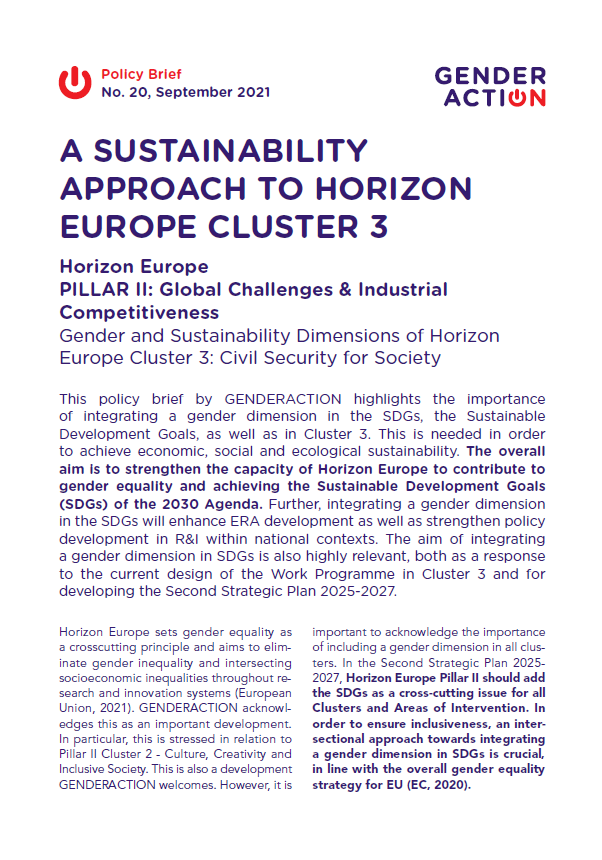GENDERACTION is an EU-funded collaboration project. The aim is, amongst other things, to analyse the progress of member states towards implementation of gender equality within research and innovation. Data produced within the project should contribute to developing knowledge and understanding of the gender dimension in research and innovation, within the Horizon Europe programme. The Swedish Secretariat for Gender Research is one of the partners in the project and has now delivered a package with a series of different forms of knowledge compilations.
Research overview
The research overview on gender and sustainability is based on a systematic, international research review of peer-reviewed research articles published between 2015 and 2020. It presents research findings relating to gender with the aim of identifying conditions, challenges and solutions within the framework of the 2030 Agenda.
Research on gender and sustainability is quite limited, especially those on ecological sustainability. But there are some important conclusions, for example about how important it is that new technological solutions are adapted to how people actually live, as well as the importance of making visible which power relations characterize different contexts.
"The overview also addresses the opportunities and obstacles for real change, which the goals in the 2030 Agenda provide. The interactions between different global goals creates both synergies and contradictions" says one of the authors, Kajsa Widegren, research coordinator at the Swedish Secretariat for Gender Research, University of Gothenburg.
Report on policy development
The report on policy development (Policy Benchmark) examines how the EU's key policy document for research and innovation addresses gender and sustainability.
"With some practical examples as a starting point, the report provides recommendations for how gender and sustainability can be related to each other, so that these perspectives can mutually reinforce each other - rather than compete, which they now sometimes do" says Jimmy Sand, author of the report and analyst at the Swedish Secretariat for Gender Research.
A series of policy briefs
How can the EU Framework Programme for Research and Innovation strengthen the capacity to contribute to economically, socially and ecologically sustainable development? Susanna Young Håkansson, project manager at the Swedish Secretariat for Gender Research, is the author of the series of policy briefs, with some recommendations based on recent research on gender and sustainability. They focus on the six clusters of global challenges in the Horizon Europe framework programme:
- Health (policy brief 1)
- Culture, creativity and inclusive societies (policy brief 2)
- Civil security for society (policy brief 3)
- Digital, industry and space (policy brief 4)
- Climate, energy and mobility (policy brief 4)
- Food, bioeconomy, natural resources, agriculture and environment (policy brief 5)
The knowledge compilations are part of a so called working package, within the framework of GENDERACTION. The project is aimed at stakeholders within the European Research Area (ERA) and research funding and research performing organisations in the EU member states.
Please read more about GENDERACTION
Please read more about European Research Area (ERA)
